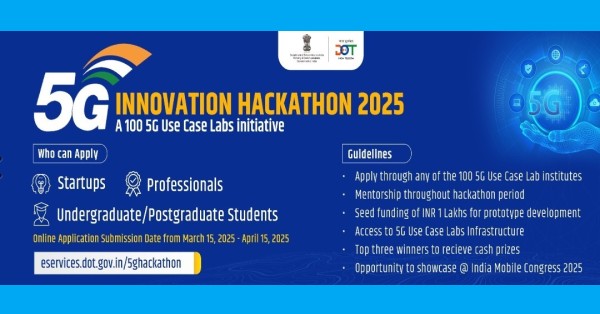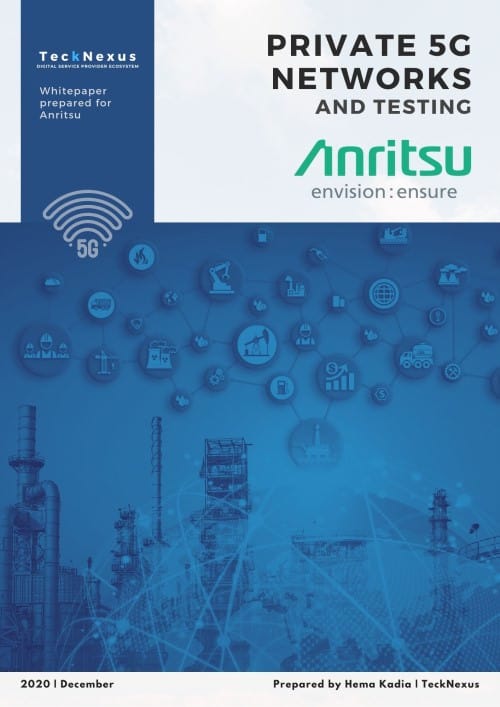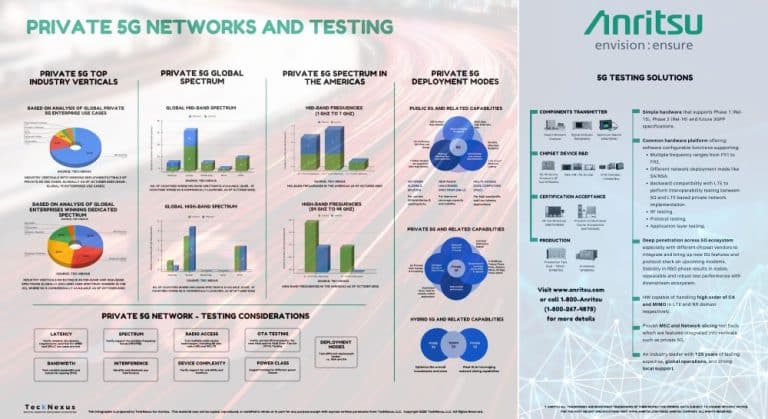Ravi Gandhi, President & Chief of Public Policy and Regulatory at Reliance Jio, believes it’s the perfect time for India to take the initiative in the development and standardisation of 6G networks. During an industry event, Gandhi emphasized the importance of India’s success in 6G technology and encouraged the country to be at the forefront of its global development, as reported by ET Telecom.
While acknowledging India’s comparable pace in 5G rollout to other countries, Gandhi highlighted the need for more significant 5G-driven use cases within India. He pointed out that India still needs to see the real-world applications for 5G, which has already been rolled out in several parts of the world. Gandhi explained that the high speeds offered by 5G and 6G networks may be more relevant to machine-to-machine communication, suggesting a scenario where machines could control other machines in various industries, particularly manufacturing.
Gandhi elaborated on the need for more spectrum to facilitate the development of 6G, emphasizing that policy and regulations must keep pace with technological advancements. He envisions 6G networks being integrated into a single network, incorporating small cells and floating cells around in the sky as satellites. This integration would allow a single user device to move seamlessly from one radio network to another without the need for device change.
Acknowledging the potential of 5G use cases in the manufacturing sector for machine-to-machine communications and private 5G, Gandhi stressed that 6G networks will be crucial for the future of communication technology. He expects the rollout of 6G to require vast chunks of spectrum, highlighting the need for India to be proactive in the standardisation and technology R&D of this new technology.
India’s position as a growing technological powerhouse presents the perfect opportunity to lead in the development and standardisation of 6G networks. By focusing on creating the necessary infrastructure, policy, and regulations to support 6G, India has the potential to become a global leader in the next generation of communication technology. This leadership will not only benefit India’s economy and industries but also pave the way for advancements in machine-to-machine communication and other critical technological innovations.























